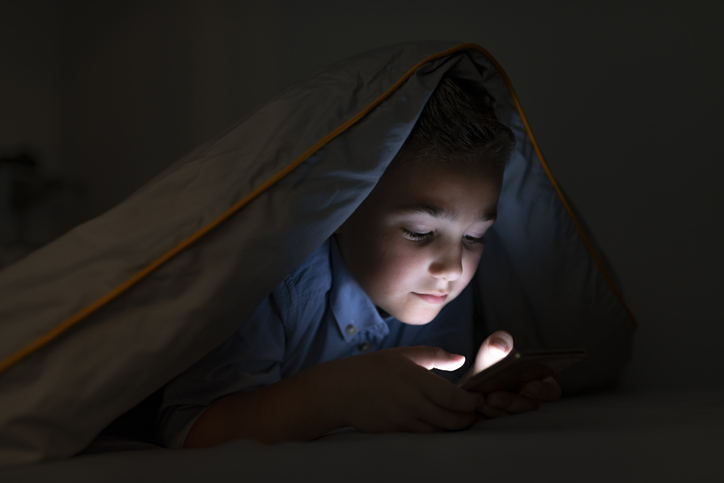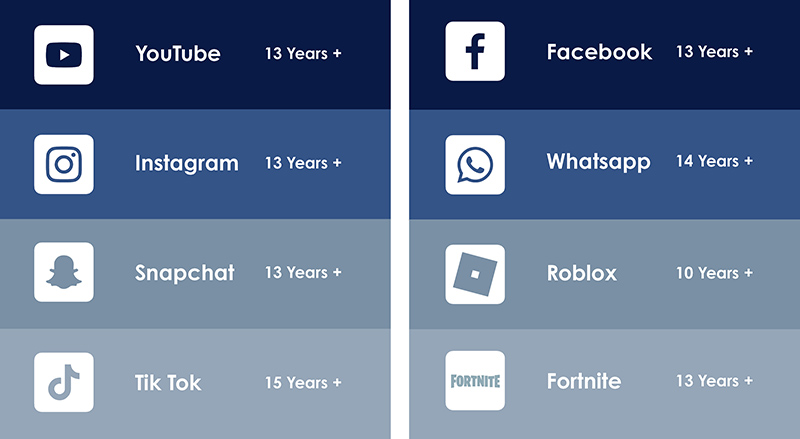
Staying Safe Online
August 14, 2020
At a time when our students are accessing devices more regularly and we are faced with an explosion of scientific knowledge and new technologies, many possibilities emerge and equally, many challenges are presented. As teachers and parents, we grapple with how to empower our children to use technology safely and responsibly, in order for them to be effective digital citizens in our world.
At TIGS, our digital citizenship programmes aim to teach students the skills required to participate safely and competently in their communities, making smart choices online and in life. They are developmentally appropriate, ensuring that the content is applicable to students of all ages, building awareness and knowledge across time and are adaptable in nature, given the progressive advances and constant changes that technology presents.
We want to prepare our students to be digital learners, leaders and citizens of tomorrow and participate in the safe use of technology. As a consequence, our programme includes elements associated with media balance and wellbeing, privacy and security, digital footprint and identity, relationships and communication, cyberbullying, digital drama and hate speech, news and media literacy.
Parent support material is available via each class’ Library OLLE at the conclusion of each topic, allowing you to share in the learning of your children. During the course of these lessons, it has become apparent that some students are engaging with varying social media platforms. Whilst there are many benefits to social media there are some associated risks. Both the physical age of your child and their level of maturity and resilience can affect their ability to have positive experiences on social media.
Each social media site and app has its own criteria for minimum age requirements. Most require users to be at least 13 years of age before they can register, although some sites are created especially for children under 13. Click here for the eSafety Commission’s eSafety Guide to learn about the latest games, apps and social media, including how to protect your information and report inappropriate content. It explains what type of site it is, what it is used for and how to set your privacy settings.
Susan McLean is Australia’s foremost expert in the area of cyber safety and was a member of Victoria Police for 27 years. Click here for her internet safety tips for parents.
Appropriate and Responsible use of Mobile Phones and Devices
Please be reminded that our mobile phone policy states that students who choose to bring mobile phones to school are required to place these in their school bags at the beginning of the school day and can only access these again at the conclusion of the school day. Mobile phones are NOT to be used throughout the day.
Further to this, if your child has access to a mobile phone or device, please ensure that you have set up appropriate levels of parental control and restrictions. The following commonly accessed apps, and their age recommendations are outlined below:

The recommendations are there to protect your children. You are urged to acknowledge these and I refer you to the following links for further useful information:
www.commonsensemedia.org/blog/parents-ultimate-guide-to-parental-controls
www.cybersafetysolutions.com.au/parents/
www.commonsensemedia.org/app-reviews
www.commonsensemedia.org/blog/a-parents-ultimate-guide-to-youtube

